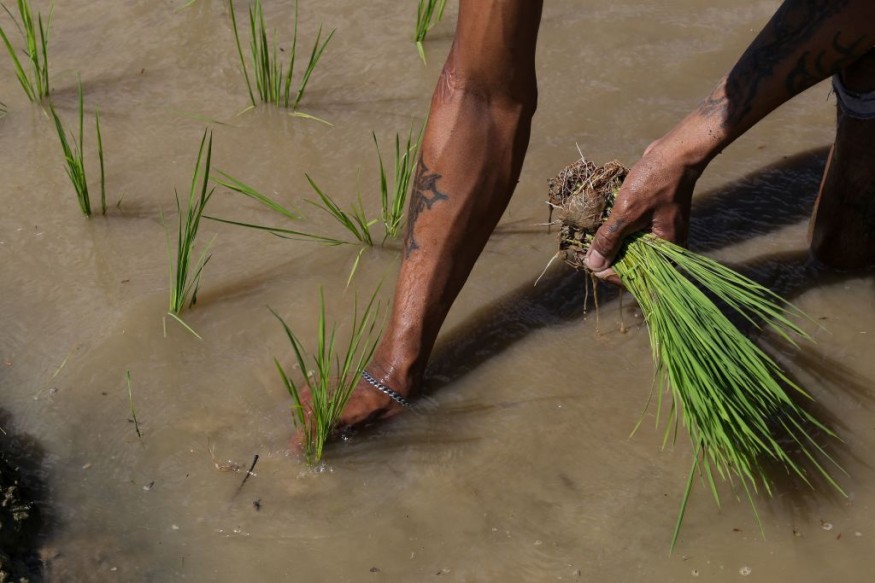The Philippines, a country grappling with childhood malnutrition, has been at the forefront of genetically modified (GMO) crop research.
Golden rice, a biofortified variety engineered with beta-carotene, was hailed as a potential weapon against vitamin A deficiency, a leading cause of blindness in children.
However, a recent court ruling has cast a shadow over this golden grain, raising concerns about the safety of GMOs and the future of this promising technology.
Philippine Court Blocks Golden Rice Production

In a controversial decision, a Philippine court has halted the commercial production of golden rice. The court's ruling was based on fears that the genetically modified rice could pose environmental risks and harm human health.
This decision comes despite years of research and scientific consensus that golden rice is safe for consumption.
Proponents of golden rice argue that the court's decision is a setback for agricultural innovation and could have devastating consequences for millions of Filipinos suffering from vitamin A deficiency.
Opponents of GMOs, however, have welcomed the court's decision. They argue that the long-term effects of genetically modified crops are unknown and that the potential risks outweigh the benefits.
They also raise concerns about the corporate control of the seeds and the potential for harm to biodiversity.
The debate over golden rice highlights the complex issues surrounding GMO technology. While proponents see it as a tool to address malnutrition and improve food security, opponents fear it could have unintended consequences for human health and the environment.
The Philippine court's decision is likely to reignite this debate and has the potential to impact the future of GMO research not just in the Philippines but around the world.
The Fight for Golden Rice: A Scientific and Social Battle
The development of golden rice has been a long and arduous journey. Scientists have spent decades working to create this biofortified rice variety, hoping to address vitamin A deficiency, a critical public health issue in many developing countries.
Vitamin A deficiency can lead to blindness, weakened immune systems, and increased mortality in children. Golden rice, with its enhanced beta-carotene content, could provide a natural and sustainable solution to this problem.
However, the road to commercialization of golden rice has been fraught with challenges. Opponents of GMO technology have raised concerns about the safety of the rice and its potential impact on the environment.
They have also expressed fears about corporate control of the seeds and the potential for increased dependence on herbicides and pesticides.
The Philippine court's decision is a blow to the scientific community working on golden rice. Scientists have argued that the rice has undergone rigorous testing and is safe for consumption.
They point to the fact that golden rice has already been approved for human consumption in several countries.
The future of golden rice in the Philippines remains uncertain. The court's decision is likely to be appealed, and the debate over GMO technology is far from over.
However, the potential benefits of golden rice for public health are undeniable. Only time will tell if this beacon of hope will overcome the fears and skepticism surrounding GMOs.
© 2025 NatureWorldNews.com All rights reserved. Do not reproduce without permission.





